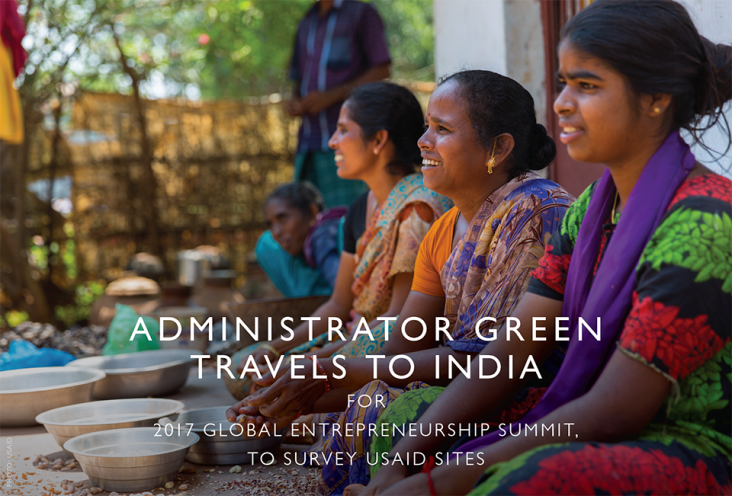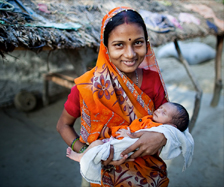Speeches Shim
2-Day EC-ESDM Workshop - Session 7a: Exercise: Climate Risk Management Summary Table
Each of USAID’s programs should look forward to the day when foreign assistance is no longer necessary. Each country must lead its own development journey by financing and implementing solutions to its own development challenges.
Ending the AIDS epidemic will only be possible when we come together and when we collaborate. Today, India itself is shouldering the vast majority of the cost to prevent and treat HIV. And this has greatly reduced the government's reliance upon foreign assistance, assistance from other countries. The Indian government, joined by civil society, activists, Indian leaders, committed state leadership, has helped to diminish what was once projected to be an HIV/AIDS crisis.
India's drive to conquer and eliminate TB is an inspiration to all of us, and it's a great example of a country and a cause that we hope to lift up. We are excited to see so many across India making the fight against TB their own fight, from those at the top of the government down to the private sector and even into the world of popular culture. Take Bollywood star Amitabh Bachchan -- I did my very best -- who, after his own battle with TB, took up the cause and now is a great and powerful champion. He is a champion for the importance of early detection and appropriate treatment. He saw that taking steps early to address the disease saved his life. And today, he is out to show all of us that any person, even the most famous entertainer, but also the most remote villager, is vulnerable to TB, but also with early detection, can stop this global killer dead in its tracks.
You know, I often say, as Administrator at USAID, that the purpose of foreign assistance must be to end the need for its existence. And so, our goal, as an Agency, is to work to foster self-reliance and help host countries on their own journey to both self-reliance and prosperity. In this, we have a wonderful strong partner in India. Together, as we have seen here at GES, we are lifting lives. We are creating opportunities. But as you've heard from both Jennifer and Kathy, I think the important thing is doing so, not only here, but jointly, we are doing so in the region and around the world.
And so, as you hear a little about the history, the 70th anniversary, it's really remarkable to realize how far that relationship has come. Just over 60 years ago, India was a food aid recipient from the United States. So, that was our relationship, a donor-donee relationship. These days, it is a true partnership. We're working together as equals to provide assistance throughout the region and throughout the world. And that's a truly remarkable transformation in a relatively short period of time.



Comment
Make a general inquiry or suggest an improvement.